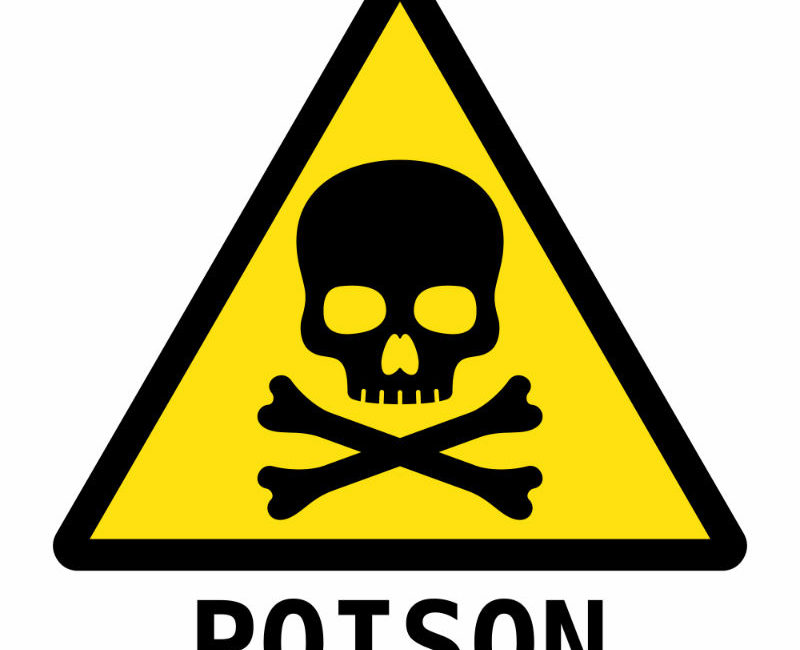Has your pet potentially got into something he/ she shouldn’t have? You will need to call your veterinarian, but first please collect a little information that we will ask you before you pick up that telephone.
Some simple questions we will ask that I am sure you will know immediately will include:
● Dog or cat
● Boy or Girl
● Age
● Weight
● Any illnesses before ingestion of substance?
● Your name, your pet’s name and is it possible multiple pets got into this substance
● Does your pet go outside?
● Is your pet on any medications, vitamins or supplements?
● When did this occur?
Next, we will need to know some information about the chemical the pet got into. It should all be in the box or bottle it was in before the pet got to it. This could include a pill vial of your medication or an over-the-counter product.
● What is the exact name of the drug?
● Is it Extended-release (XR), long-acting
● What is the milligram strength?
● How many tablets are potentially missing?
● If the container is destroyed rendering identification impossible and a pill is found, what does the pill look like – you could always take a picture and email us so we can look it up while you are in transit to the hospital with your pet.
● Are there any label warnings printed on the packaging?
● ALWAYS bring the box or bottle with you to the veterinarian. This way we can measure what was in the box to what is left and get any further needed information.
If your pet feels unwell after eating or even chewing on a plant:
● Try to find out the exact name of the plant ( It is always good to know this and look up potential poisons before bringing any plants into your home).
● Is it a houseplant, outdoor plant, or weed?
● Which part was ingested – bulb, leaves, flowers, berries, stems, fruit?
These emergencies do not always happen when you are home. If that is the case, you may be asked the following questions.
● How long was the dog or cat alone?
● Is your pet acting differently?
● Is there any drooling, pawing at the face or vomiting?
When you are answering these questions, try to keep the answers simple and to the point. Do your best to stay calm, we can help your pet better and faster if we know all the information and can get to work on your pet promptly.
Unsure if a product or plant you wish to use around your pet is safe? Check out the Pet Poison Helpline website and click on “POISON LIST”. This is an easy to use list of potential poisonous medications, plants and nutraceuticals your pet may be exposed to. In case of emergency call your Veterinarian immediately.
Remember just because a product is OK for us humans to use it may be a hazard to your pet.
Check first and avoid the regret!
Written by Darlene Cannon, RVT




